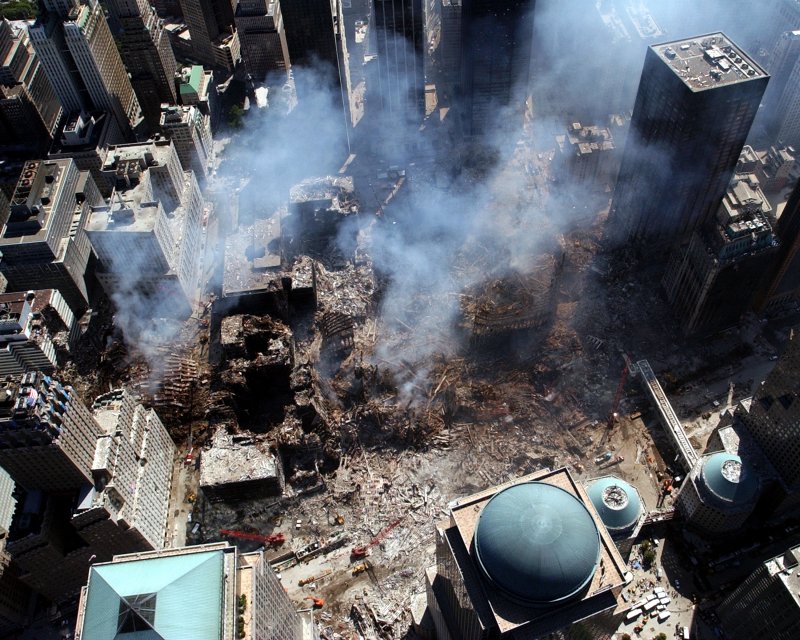Islam 101: If you’re not a Muslim, you’re not an ”innocent”.

Gameia’s interview (original Arabic; extracts translated here) was rife with conspiratorial Islamic antisemitism, which riveted upon his invocation of the central Koranic motifs of Jew-hatred. Al-Azhar’s representative to the U.S. melded this sacralized anti-Jewish bigotry to virulent calumnies against Americans, and threats to the U.S.—witless “dupes” of the Zionist Jews.
[…] And these innocent non-combatants can be killed, and have always been killed, with impunity simply by virtue of being “harbis” during endless razzias and or full scale jihad campaigns that have occurred continuously since the time of Muhammad, through the present. This is the crux of the specific institutionalized religio-political ideology, i.e., jihad, which makes Islamdom’s borders (and the further reaches of today’s jihadists) bloody, to paraphrase Samuel Huntington, across the globe.
Lastly, the unfiltered observations regarding the 9/11 attacks by former Al-Azhar representative to the U.S., and Manhattan imam, al-Gameia, should stand as a permanent reminder of the mainstream, authoritative Islamic viewpoint. Defensive non-Muslim infidel reactions against the modern onslaught of jihad depredations will always be viewed by institutional Islam through the warped prism of conspiratorial Islamic Jew-hatred, conjoined to a steadfast belief in perpetual “Muslim innocence.”
The 9/11 Museum Controversy and Sheikh Gameia: Recalling How Al-Azhar’s Then U.S. Emissary Reacted to the Jihad Carnage
Controversy has erupted just weeks before the May 21, 2014 formal opening of the 9/11 Museum beneath the World Trade Center Plaza. The source of this imbroglio is a brief documentary film, “The Rise of Al Qaeda,” which apparently confirms that the mass murderous September 11, 2001 attacks were motivated by the ideology of jihad. As the New York Times’ Sharon Offerman observed on 4/23/14:
The documentary is not even seven minutes long, the exhibit just a small part of the museum. But it has over the last few weeks suddenly become a flash point in what has long been one of the most highly charged issues at the museum: how it should talk about Islam and Muslims.
What Offerman alludes to as a “flash point” is actually a threadbare effort—linking the irrefragably jihadist organization Al-Qaeda, and Islam’s institution of jihad war—to push back against the relentless campaign of doctrinal and historical negationism waged by Muslim and non-Muslim apologists for Islam.
Akbar Ahmed, Ibn Khaldun Chair of Islamic Studies at American University, who was interviewed by Offerman for her story, epitomizes this negationist trend in all its brazen hypocrisy. Ahmed opined,
The terrorists need to be condemned and remembered for what they did. But when you associate their religion with what they did, then you are automatically including, by association, one and a half billion people who had nothing to do with these actions and who ultimately the U.S. would not want to unnecessarily alienate.
The namesake for Ahmed’s American University “Chair,” Ibn Khaldun (d. 1406), was a seminal Muslim historian, and jurist, who wrote the following about jihad, summarizing six centuries of prior, well-established Islamic jurisprudence:
In the Muslim community, the holy war [jihad] is a religious duty, because of the universalism of the [Muslim] mission and [the obligation to] convert everybody to Islam either by persuasion or by force… The other religious groups did not have a universal mission, and the holy war was not a religious duty for them, save only for purposes of defense… Islam is under obligation to gain power over other nations.
